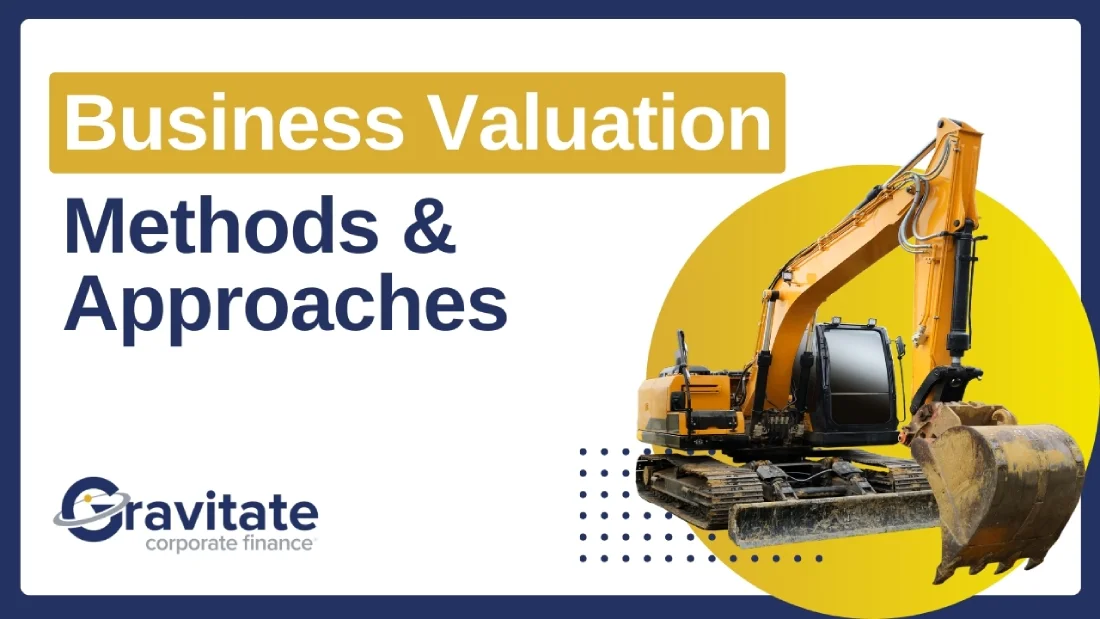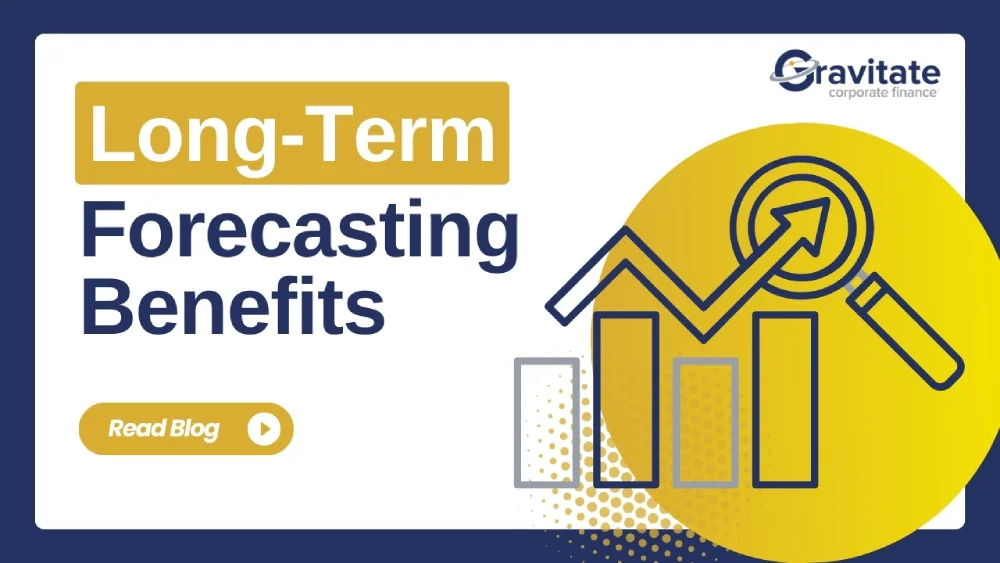HMRC plans to mandate the payrolling of most Benefits in Kind (BIKs), which is a dramatic shift from the current system allowing employers to either voluntarily payroll BIKs or report via P11D forms annually.
This change was originally planned to start in April 2026; however, the government has recently announced a 12-month delay, so it will now start on 6th April 2027.
How are BIKs changing?
Despite the delay, the planned changes remain unchanged. Here is a quick summary of what will happen.
- P11D forms as they are currently will largely be phased out
- Tax on benefits (like company cars) will be collected in real-time via PAYE (Pay As You Earn)
- Class 1A National Insurance will still be reported and paid annually via a P11D(b) form.
Through these changes, the government aims to simplify the reporting process of BIKs, improve the accuracy and compliance of resulting tax deductions, and reduce errors and administrative work at the end of year.
What should you be doing about this?
The 12-month delay to mandatory payrolling of BIKs will come as a relief to plenty of businesses, as the sweeping changes are set to cause some real accounting and administrative headaches for companies who are not yet equipped with the Payroll tools to manage it.
Even though the deadline has been moved back, we still recommend all employer businesses ensure their payroll systems are prepared for the new way of doing things! This means…
- Confirming that your payroll system can process Benefits in Kind accurately.
- Reviewing HMRC’s guidance to understand the tax treatment of various benefits.
- Upgrading your existing systems to ensure compliance with the new standards.
- Setting up accurate data entry processes for reliable system integrations.
- Verifying that your system has robust security features to protect sensitive employee information.
- Considering your future needs. Is your Payroll system capable of scaling as your business grows?
Why wait until the deadline?
You might be tempted to put this off until it is legally required; but we believe this is squandering a great opportunity to modernise and put yourself ahead of the curve.
Preparing sooner means you can avoid last minute errors or penalties, test your systems and fix issues without time pressure. This may be critical to reducing disruption to payroll runs during the transition phase.
You will also benefit from improved data quality and consistent reporting and provides you with more time to communicate the changes with employees.
Finally, reviewing your benefits policies early gives you a chance to simplify offerings, eliminate outdated schemes, or consolidate providers.

.png)


.png)

.png)
.png)

.png)
.png)
.png)













.png)
.png)
.png)

.png)
.png)

.png)


.webp)














.jpg)

.webp)
.png)

.svg)
